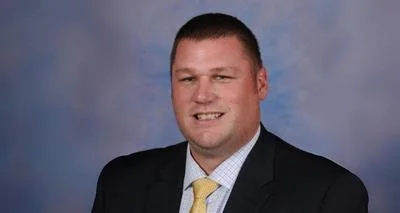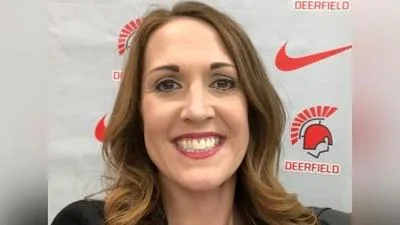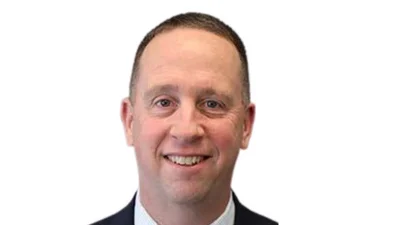Adobe Stock
Adobe Stock
Ensuring that students get a proper education is important to state Sen. Dan McConchie (R-Lake Zurich), which is why he was chosen to be on Gov. Bruce Rauner’s school-funding reform commission.
The commission meets biweekly to find solutions to the state’s school funding crisis. The funding formula doesn’t work, and McConchie said he knows why.

State Sen. Dan McConchie
| Contributed photo
“The education-funding issue goes back to property taxes,” McConchie said. “On an average person’s property tax bill, 60 to 90 percent of that tax bill is going to local schools. That is because the state’s support for education is the lowest for any state in the country. We rely heavily on property taxes.”
McConchie said the state should move away from its dependency on property taxes and shift to another method that focuses on the individual.
“(I strongly believe we should) move away from property taxes and shifting that to some other method of taxation that is much more based on people’s ability to pay and that then is used to support our schools,” McConchie said. “I think if we do that, we’ll end up with more people moving to the state and more people who will be investing here -- buying homes, building houses and having their families live and stay together here. That’s vitally important.”
Another important topic in education right now is the Common Core curriculum. The number of states participating in the Common Core Consortia has dropped 62 percent between 2011 and 2016, according to a study conducted by Education Next, a journal published by Harvard's Kennedy School of Government.
Many have argued against the Common Core curriculum, alleging it homogenizes teaching and forces school districts to focus on high test scores instead of focusing on students. Illinois remains one of the few states still participating in Common Core.
McConchie suggested that the issue is a little more nuanced than what has been debated and said standards are not a bad thing.
“I think we need to have standards,” McConchie told the Lake County Gazette. “We need to be testing to those standards. My preference is to defer to those education experts in regard to what types of standards make the most sense. We don’t want to have no standards at all, right?”
While McConchie doesn’t necessarily support Common Core standards as the best standards for education, he did say that education must have one type of standard or another.
“These states that are ‘moving away’ from Common Core standards, a lot of them are simply renaming very similar standards and calling it something else,” McConchie said. “They are still making standards that are very similar to Common Core.”
McConchie said there should not be a wide disparity in the way the state is educating its students. Having standards and testing under those helps provides equal footing in education for every student.
However, there are those who argue that having rigid and uniform teaching standards ignores the many different ways each individual student learns. Some are comfortable with tests and data, while others are more visual and auditory learners.
McConchie doesn’t disregard the uniqueness of each student’s learning capacity, but said there has to be a method with which to measure student achievement, especially in how a teacher educates.
“There is no perfect system, but you have to have some way of measuring whether or not a teacher is successful in the classroom,” McConchie said. “If you don’t have that, then teachers will be able to just sit in the system for years and have a whole generation who suffered.”
McConchie related this debate to his personal educational journey and the importance of a good teacher.
“I had a circumstance in which I had a terrible physics teacher growing up,” McConchie said. “I learned nothing about physics. My brother, seven years younger than me --- we moved to another town by the time he got into high school –- and he had some great physics teachers. He went on to get his master's and Ph.D. in physics.”
McConchie said his younger brother now works for the U.S. Department of Energy researching nuclear technology around the world.
“We have to have some way of measuring to ensure that our teachers are actually educating our students,” McConchie said. “We don’t want to end up in a situation like I did, in which we had a terrible teacher who sat there year after year, and nobody ever did anything about it.”






 Alerts Sign-up
Alerts Sign-up